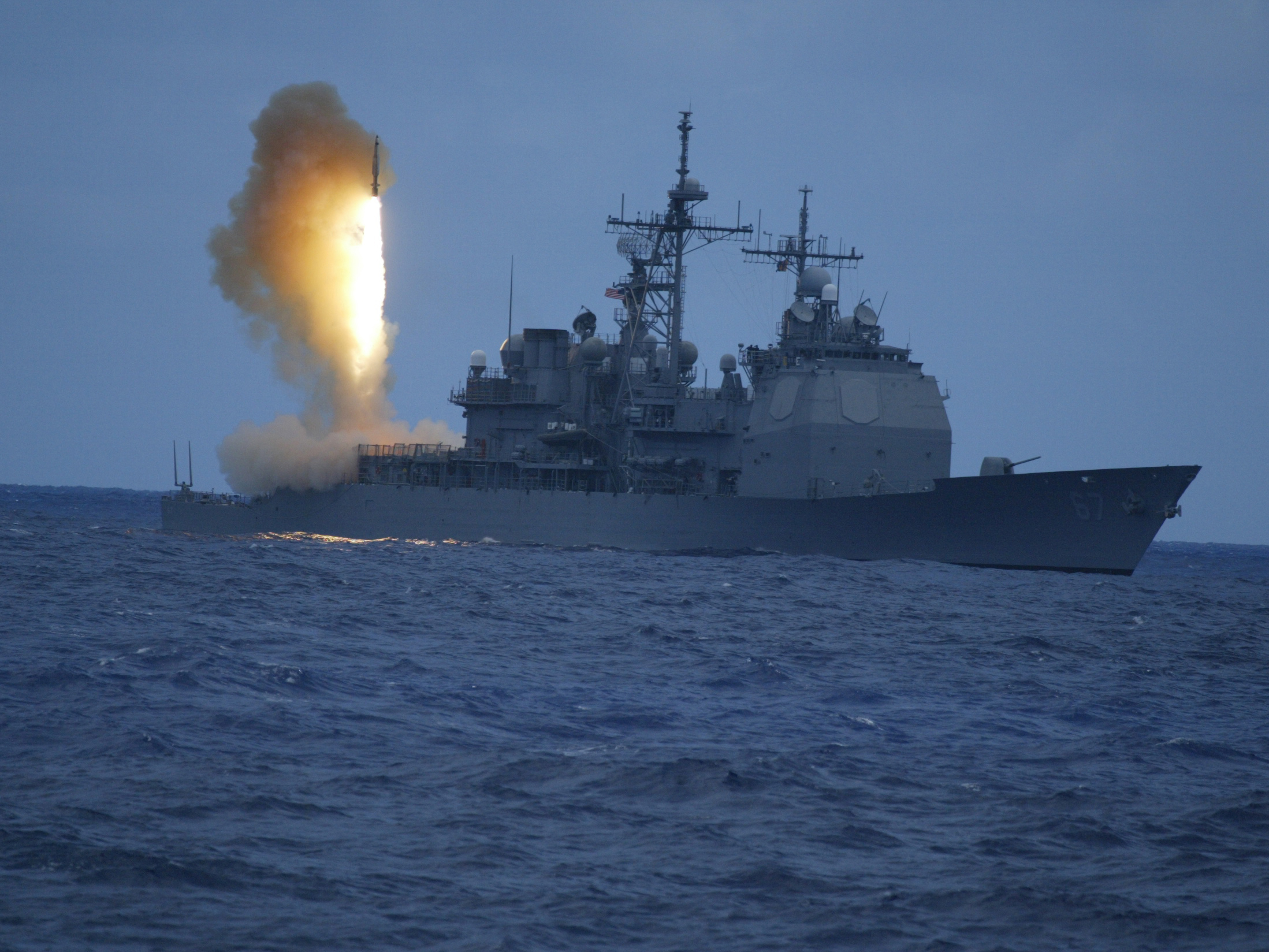Airborne anti-missile laser passes flight test
Chances for North Korea, Iran, Canada to nuke the US fading fast

Think of it as Star Wars: The Next Generation.
Lockheed Martin announced today that its Beam Control/Fire Control system for the US military's Airborne Laser (ABL) has successfully tracked, targeted and engaged a simulated nuclear missile.
Mounted on a modified Boeing 747-400, the megawatt-class laser was trained on a test missile during its boosting phase - the best time to knock an ICBM out of the sky.
In a flight test on Monday, Lockheed Martin's Beam Control/Fire Control system aimed a low-power laser beam in conjunction with the ABL's Battle Management System, which has now demonstrated "the full functionality" of the powerful chemical oxygen-iodine death ray.
Shooting star
The Beam Control/Fire Control System locates and tracks the target, determines the range, compensates for atmospheric turbulence and focuses and directs the High Energy Laser beam. The High Energy Laser beam passes through the system's optical path before exiting through the window on the nose of the aircraft on its way to the target. It has a range of 185 to 375 miles, depending on how tough its target is, and could theoretically also be used against aircraft, satellites and X-wing fighters.
The next step to unleashing killer lasers on our skies will be full power 'shoot-down' tests, culminating in an airborne intercept test against an unarmed, boosting ballistic missile target later this year
Sign up for breaking news, reviews, opinion, top tech deals, and more.
The Pentagon has long wanted to add a death ray to its arsenal. Following abortive attempts to get its Strategic Defence Initiative off the ground in the 1980s, the agency was renamed to Ballistic Missile Defence Organisation under Bill Clinton and then renamed again to the Missile Defence Agency in 2002.
Cost and time over-runs have plagued the ABL, which was originally intended to deploy in 2008. Defence Secretary Gates has cited "significant affordability and technology problems" and called the ABL's entire operational role "questionable".The earliest date the ABL could deploy now is 2013.